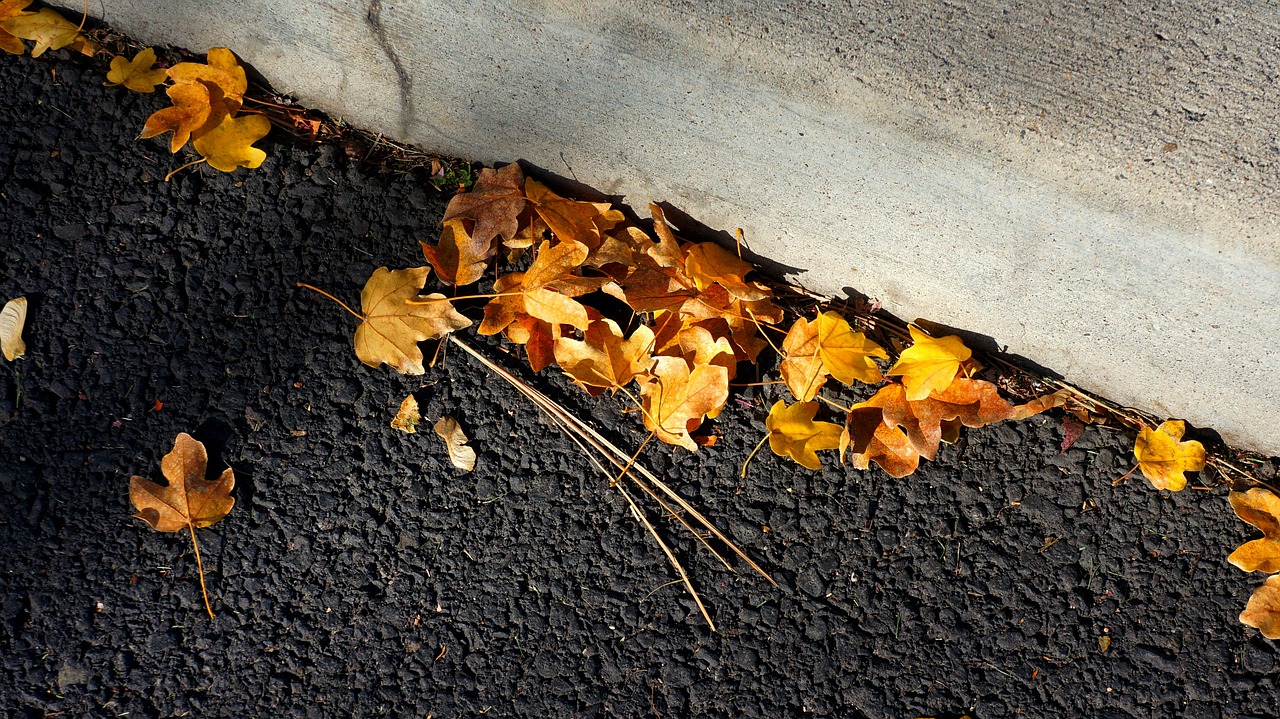
Apr 29 Seal Your Blacktop Pavement
Is it Worthwhile to Seal Your Blacktop Pavement?
Rolling out a new blacktop pavement can add a clean look to the front of your home or business. If you’ve taken the time to make sure that the pavement is constructed properly, then you should also take the time to make sure that it is sealed properly. Pavement can easily last 20-30 years, but only if it is paved right in the first place and sealed.
What Does it Do?
When a blacktop pavement is first laid, it looks smooth and unbroken. Over time, the ground underneath the asphalt can start to shift—especially in areas where the ground consists mostly of sand. When coupled with the natural deterioration of asphalt over time, cracks and pits can develop. Eventually, rain falls and seeps into these vulnerable areas. If it happens to get cold enough to freeze the water, the water expands in the crack and makes it even larger.
A proper seal can help prevent the premature cracking of your pavement. It helps to keep the water from seeping in and going through a freeze-thaw cycle. It can also protect from other asphalt hazards, such as:
- Sun exposure
- Salt
- Car fluids
- Other chemical spills
How Often Should You Seal?
How often to seal depends on where you live and who you hire to do the sealing. Professional sealers can make sure the seal coat is administered correctly, helping you to get the maximum life out of your seal coat. If you live in an area that experiences a lot of freeze-thaw cycles, you may need to have your pavement sealed every two or three. If you live in a mild climate, you might be able to get away with doing it about every four years.
Do it Right the First Time
If you’re going to lay blacktop pavement, go all the way and have it properly sealed by professionals. It will help you cut down the costs on repairing the pavement over the years, and reduce the risk of having to repave your driveway entirely. For more information about residential and commercial pavement and sealing options, call us today.


